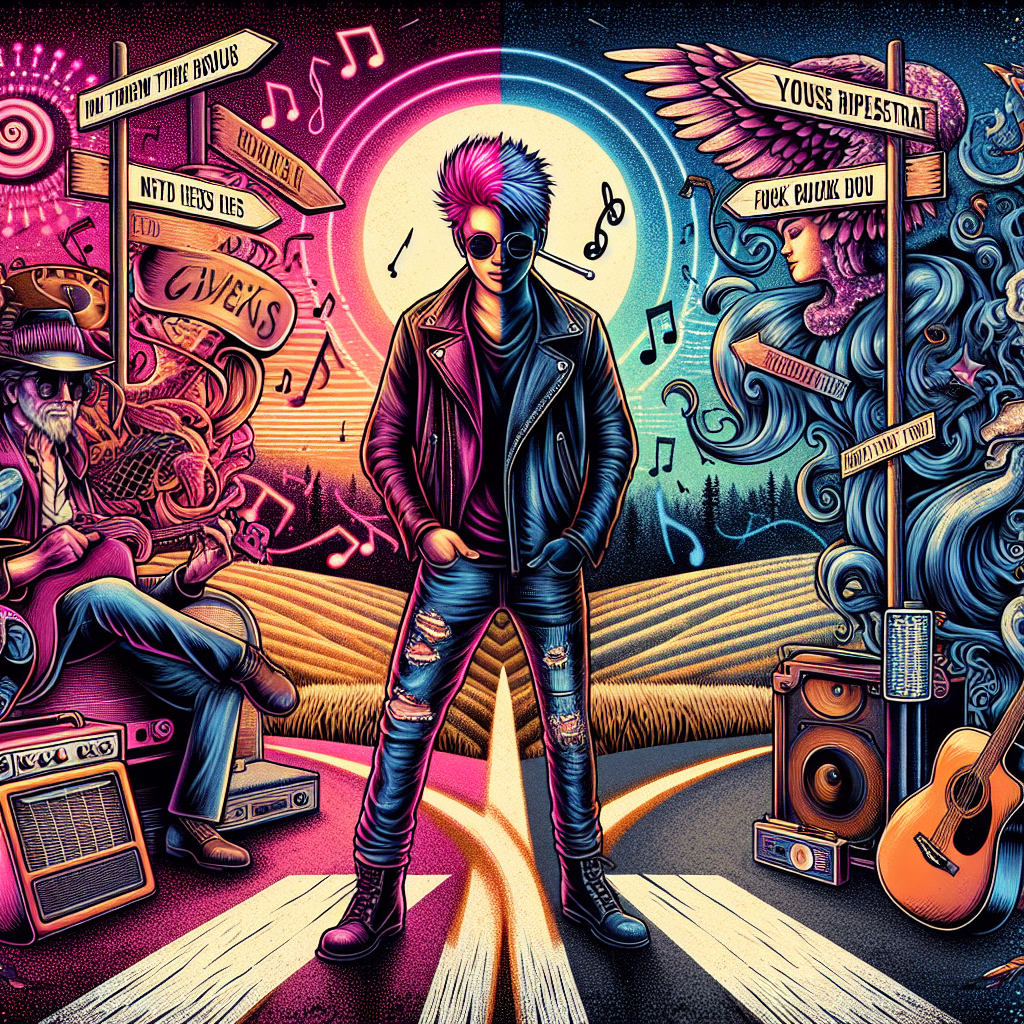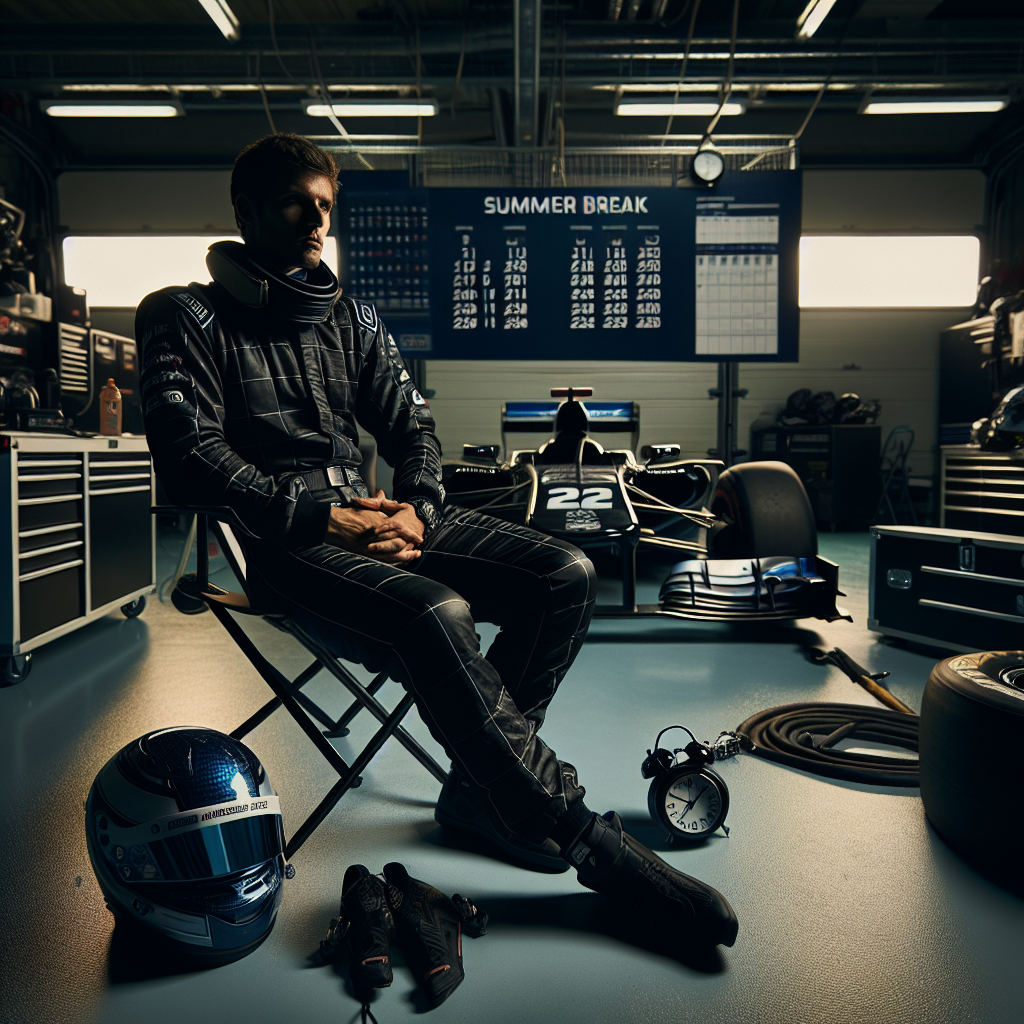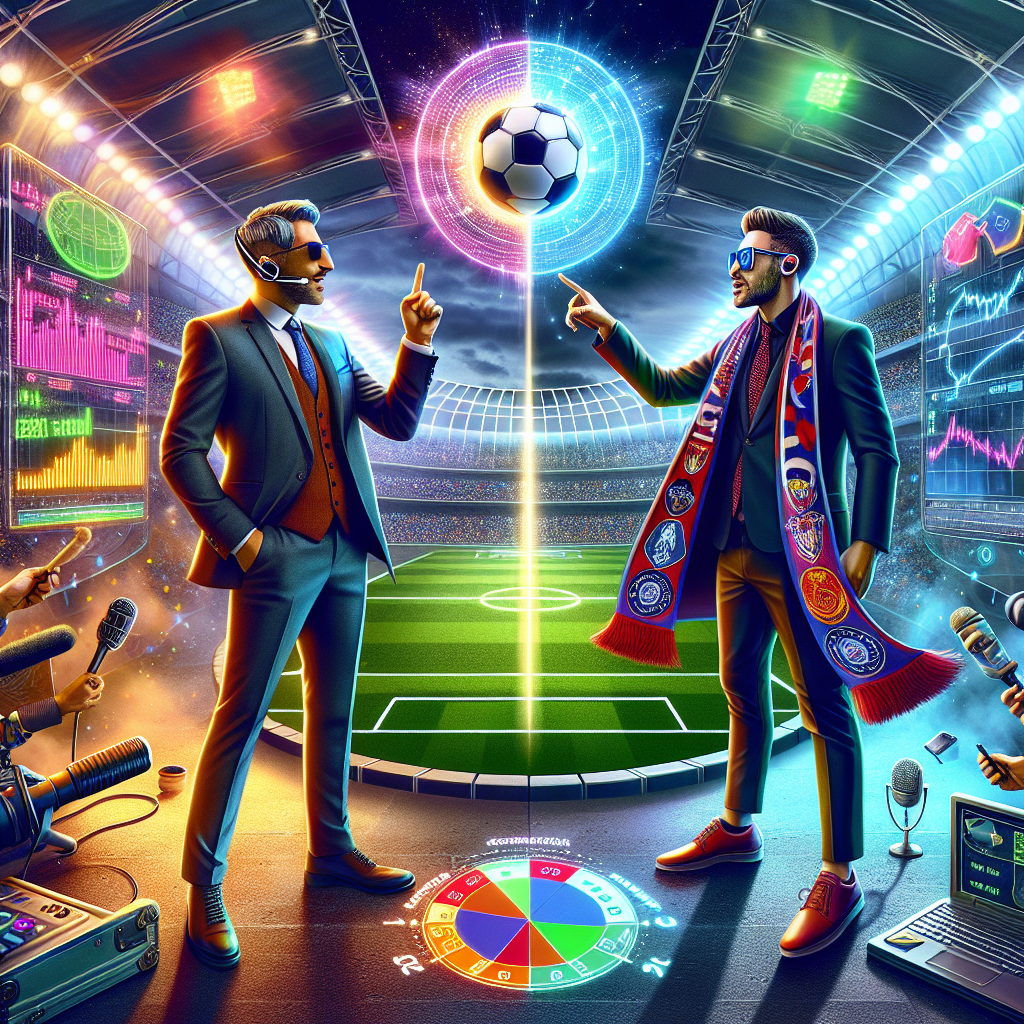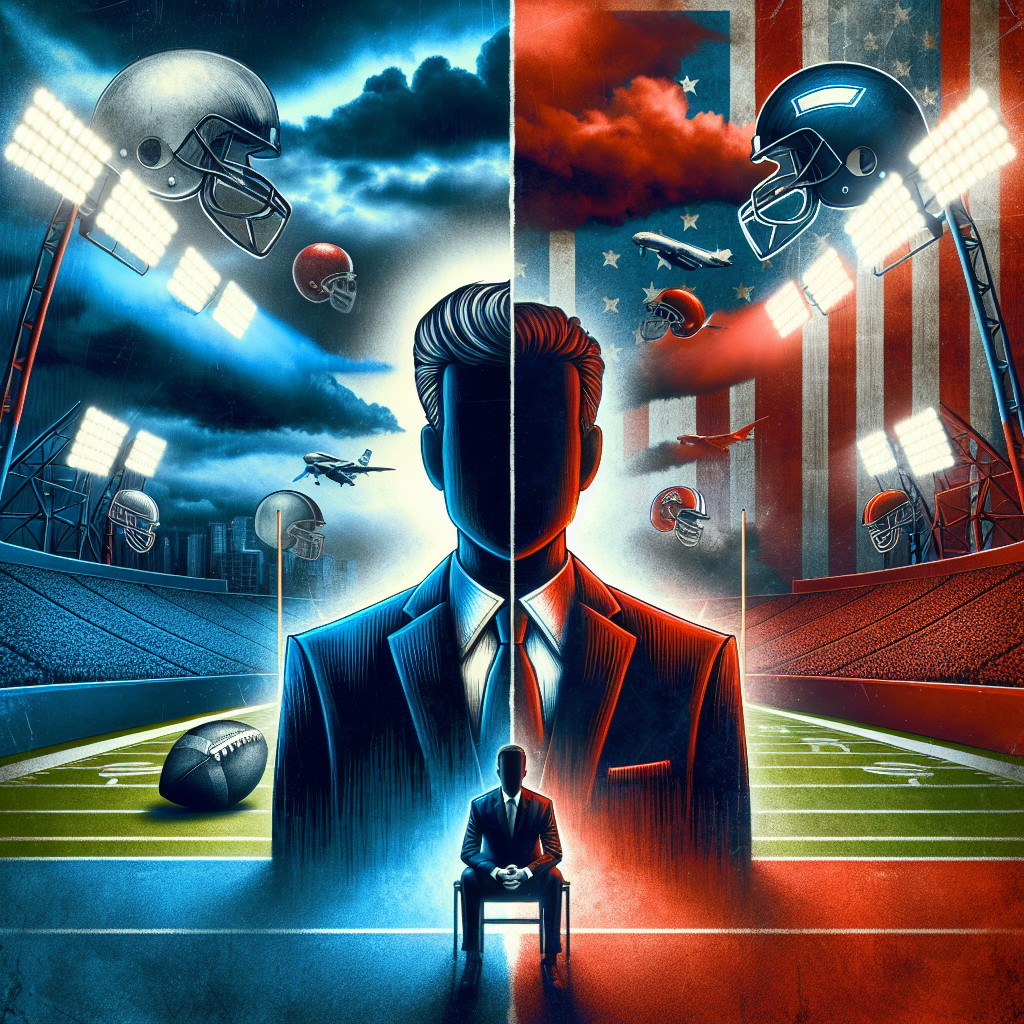Brace yourselves, because Mr. KanHey is here to disrupt the status quo!
When Machine Gun Kelly told the world Bob Dylan would be narrating the trailer to his upcoming album Lost Americana, jaws didn’t just drop — they melted, reformed, and dropped again. This isn’t just a case of opposites attracting. This is a cultural detonation. MGK, the genre-hopping wildcard with pink hair and pop-punk venom, rung the doorbell on Mount Olympus — and lo and behold, His Bobness answered.
Let’s set the stage: on one side, you have MGK, America’s tattooed midlife crisis in skinny jeans, oscillating between heartbreak-ballads and electric-guitar exorcisms. On the other, Bob Dylan — the living myth, the Nobel-laureate sphinx of folk, who crooned about tangled up emotions long before MGK was tangled up in Megan Fox’s DMs.
How does something this absurdly beautiful even happen?
According to MGK himself, it was “pure desperation.” And baby, desperation has never sounded so good. Imagine the sheer audacity of picking up your phone and saying, “Hey Bob, I know you rewrote the lyrical blueprint of the 20th century and turned silence into metaphor — but you wanna narrate my album trailer?”
And Bob — cryptic bard, eternal specter of cool — said yes.
The Lost Americana trailer sounds like a love letter from the past dressed in acid-washed denim and high-gloss chaos. Through the smoky, sandpapered voice of Dylan, it becomes something more: a twilight monologue guiding us into a new mythos of broken dreams, washed-up glory, and cultural reinvention. Dylan doesn’t just narrate. He baptizes the vision. He anoints the chaos.
Machine Gun Kelly is not known for subtlety — his emotional palette is neon, his style unapologetically maximalist. And yet, pairing with Dylan feels like unlocking a new level of vulnerability. This isn’t collaboration. This is cultural alchemy. MGK weaponized his desperation and pulled a legend from the shadows, not as a stunt, but as a symbol. A symbol that the soul of Americana — dusty, defiant, chaotic — can be reshaped but not erased.
Let’s be real, this move doesn’t just cross genres. It blurs timelines. It’s 1965 meets 2024, Greenwich Village folk fused with Gen Z nihilism. Dylan’s voice is not just a feature; it becomes the ghost that haunts this modern American dream MGK is tearing apart and rebuilding with heartbreak, glitter, and electric rebellion.
What’s more punk than scaling Olympus and recruiting a god?
This is not just a promo campaign. This is MGK declaring war on musical convention — again. And like it or loathe it, the man keeps forcing culture to react.
So, to everyone still clinging to genre purism or stuck debating whether MGK is “real enough” for hip hop, rock, or pop: go ahead and clutch your pearls. Meanwhile, MGK and Bob Dylan just mic-dropped on the American soundscape in the weirdest, most wonderful way possible.
Dare to be different or fade into oblivion.
– Mr. KanHey







